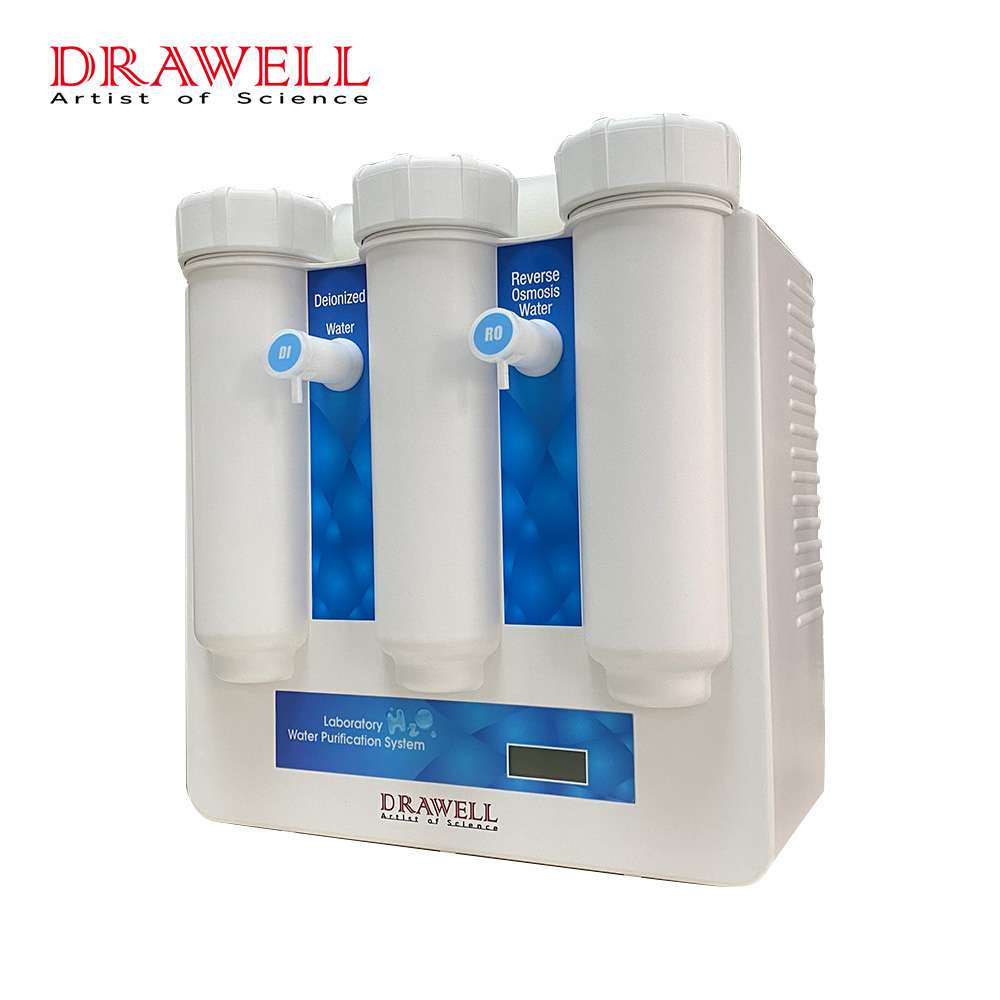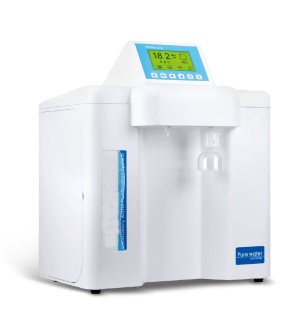In laboratories, precision and accuracy are the foundation of successful research and experiments. One key factor that often goes overlooked is the quality of the water used in everyday lab processes. Whether it’s preparing solutions, cleaning equipment, or supporting biological cultures, the purity of water is critical to maintaining the integrity of results. Impurities in water, even in trace amounts, can cause errors, contamination, or equipment damage. This is where a reliable DI (deionized) water system becomes essential. Providing consistent, high-purity water, these systems play a vital role in ensuring that lab experiments run smoothly, efficiently, and without the risk of compromised results. In this article, we’ll explore why every lab needs a dependable DI water system to ensure optimal performance and research success.
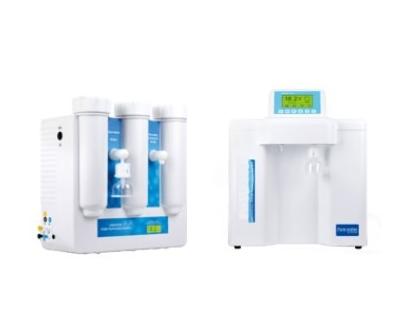
The Critical Role of DI Water in Laboratory Research
Water is a fundamental resource in laboratory research, integral to a wide range of processes that demand the highest standards of purity. However, not all water is created equal. Deionized (DI) water, which has had ions and other contaminants removed, plays a vital role in maintaining the integrity and accuracy of scientific experiments.
Applications of DI Water in Laboratories
Laboratories across industries rely on DI water for critical applications, as it provides the level of purity needed to prevent contamination, ensure precise results, and protect valuable equipment. Here are the use of DI water in laboratories:
- Sample Preparation: DI water is widely used for diluting samples, preparing reagents, and creating solutions. Because DI water lacks the ions and contaminants found in tap water, it ensures the purity of solutions, preventing unwanted chemical interactions that can skew experimental results.
- Cleaning and Sterilization: In labs, cleaning equipment with DI water is essential to avoid leaving behind mineral residues or contaminants. Using impure water in cleaning processes can introduce foreign particles, leading to cross-contamination between experiments and compromising the validity of future tests.
- Chemical Reactions: Many chemical reactions and processes rely on DI water as a solvent. Impure water containing ions or organic compounds can interfere with the reaction’s outcome, resulting in inaccurate data and potentially failed experiments.
- Biological Research and Cell Culture: In biological labs, particularly in cell culture and microbiology, DI water ensures that harmful contaminants do not disrupt cell growth or microbial activity. This is crucial for maintaining the integrity of biological studies, where even minor impurities can alter experimental results.
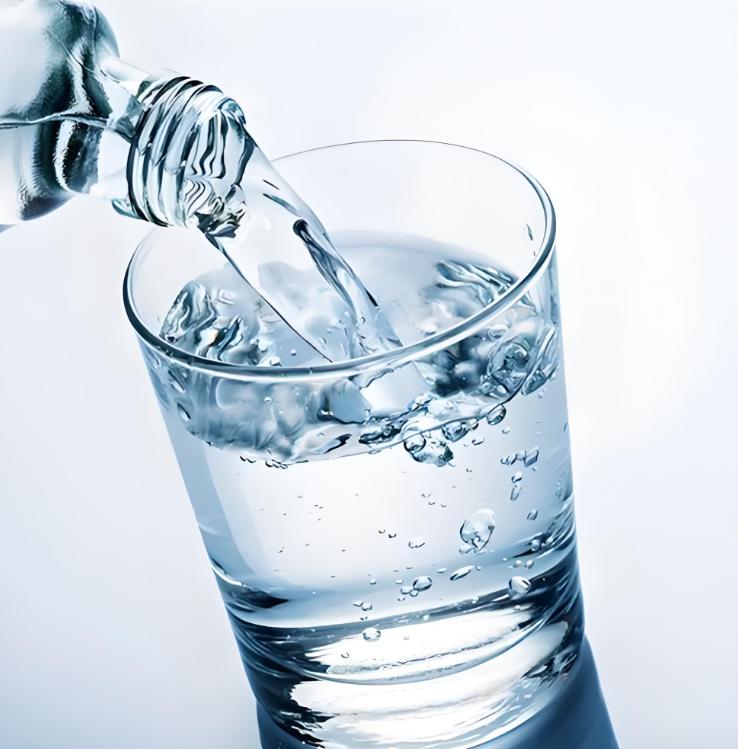
Consequences of Using Impure Water in Labs
Using water that contains impurities can have detrimental effects on laboratory operations:
Unreliable Data: Contaminants like ions or microorganisms in tap water can alter the composition of solutions and reagents, leading to inaccurate or inconsistent experimental results.
Damage to Equipment: The minerals and ions present in impure water can cause scaling, corrosion, or blockages in sensitive laboratory equipment, leading to expensive repairs and equipment downtime.
Cross-Contamination: Impurities left behind after cleaning lab tools with tap water can lead to cross-contamination between experiments, affecting both the quality of research and overall lab productivity.
DI water is free from the impurities commonly found in tap water, such as dissolved salts, minerals, and organic compounds. Here’s why it’s essential for labs. By relying on DI water, labs can maintain the highest standards of precision and efficiency, safeguarding both their experiments and their valuable instruments.
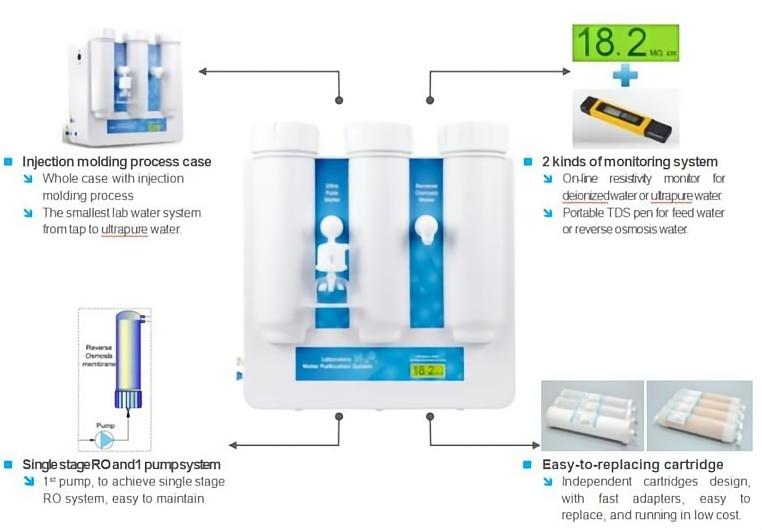
How a Reliable DI Water System Contributes to a Lab?
A reliable DI water system is more than just a tool for water purification—it’s an essential component that directly enhances the performance and efficiency of a laboratory. By providing consistent, high-quality water, a dependable DI water system supports a range of lab functions, from improving experimental accuracy to extending the lifespan of equipment. Below are the key ways in which a reliable DI water system contributes to a laboratory’s success.
- Ensures Consistent Water Purity
A reliable DI water system guarantees a steady supply of high-purity water, free from ions, minerals, and organic contaminants. This consistency is critical for experiments where even the slightest impurity can affect results. Whether in analytical chemistry, microbiology, or pharmaceutical research, a dependable DI water system ensures that experiments are performed under controlled, contamination-free conditions, leading to more accurate and reproducible data.
- Increases Lab Efficiency
Having an in-house DI water system eliminates the need to purchase and store bottled pure water, saving time and reducing the risk of supply interruptions. This instant access to high-purity water streamlines workflows, as lab personnel no longer have to wait for external deliveries or manage limited water resources. A reliable DI water system also reduces the need for frequent water testing, as it maintains purity standards consistently, allowing lab teams to focus on their research rather than water quality concerns.
- Extends Equipment Lifespan
Laboratory instruments such as autoclaves, water baths, and analyzers are highly sensitive to water quality. Impurities in tap water, particularly minerals and salts, can cause scaling, corrosion, or clogging, leading to equipment breakdowns or costly repairs. A reliable DI water system prevents these issues by supplying deionized water that helps preserve the condition of lab equipment, reducing the need for maintenance and prolonging its useful life.
- Reduces Operational Costs
While purchasing DI water from external suppliers may seem convenient, it can be costly over time, especially for labs with high water consumption. Installing a reliable in-house DI water system can significantly reduce these costs by providing a constant, low-cost source of pure water. Additionally, the system reduces the need for shipping, handling, and packaging, making it an environmentally friendly and cost-effective solution for long-term lab operations.
- Supports Regulatory Compliance
Many labs, particularly in industries such as pharmaceuticals, food testing, and biotechnology, must meet stringent water quality standards to comply with regulatory requirements. A reliable DI water system ensures that labs can consistently meet these standards, providing the high-quality water needed to adhere to protocols and pass audits. This not only supports the accuracy of research but also protects the lab from potential compliance issues.
In conclusion, a reliable DI water system is an essential investment for any laboratory that values accuracy, efficiency, and compliance. The role of pure water in lab processes cannot be underestimated, and impure water poses serious risks to both research integrity and operational costs. By investing in a high-quality DI water system, labs can ensure they have access to the pure water they need for success, day in and day out.

